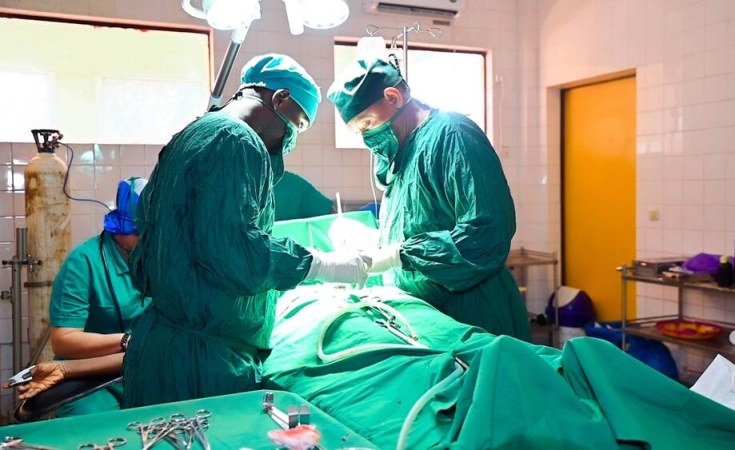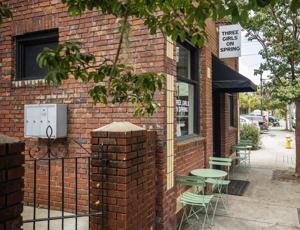Uganda, Malawi, and Mozambique - Obstetric fistula, a childbirth injury that results in incontinence and social isolation, is a preventable condition that was suffered needlessly by Kente, Rachel, and Mauridia. Their stories are highlighted below to showcase the challenges faced by women with obstetric fistula, and the transformative impact of receiving proper care. Just 17, Kente, from Uganda, was not ready to be a mother yet she found herself pregnant.
She thought the process wouldn't take long when she went into labour at home. Two days passed. Her baby had not yet been born and the pain was unbearable.

Facing complications, she was taken to one health facility after another and eventually, she delivered a stillborn child. In the aftermath of her tragic loss, Kente faced the additional burden of obstetric fistula and continually leaked feces and urine. She lost her self-esteem as a result, and she returned home to her parents as she was unable to stay with her husband.
Worldwide, it is estimated that half a million women live with obstetric fistula, predominantly in rural areas with poor roads or in conflict zones. The majority of these - an estimated 350,000 women - live in sub-Saharan Africa. In Malawi, Rachel Kachepatsonga encountered a different situation with a similar outcome.
After giving birth to her first child, she wanted to use family planning yet the distance to the health centre, combined with a lack of support from her husband and family, led to another pregn.























